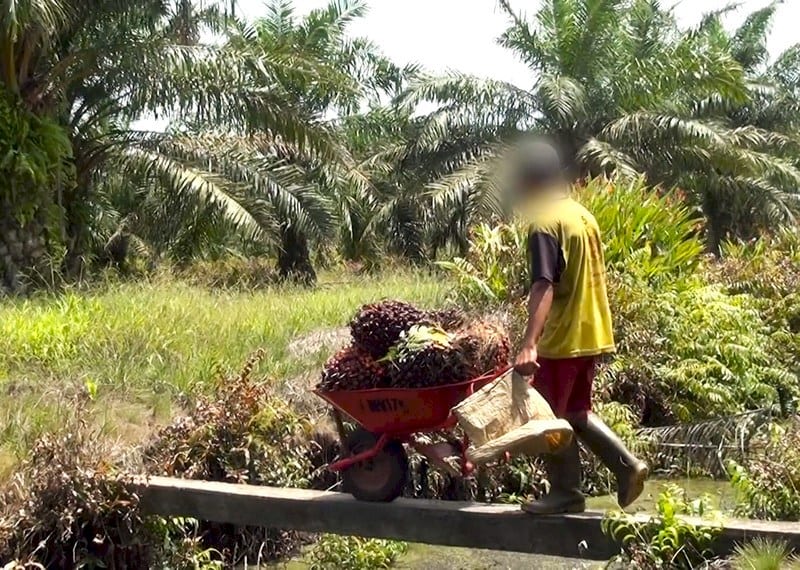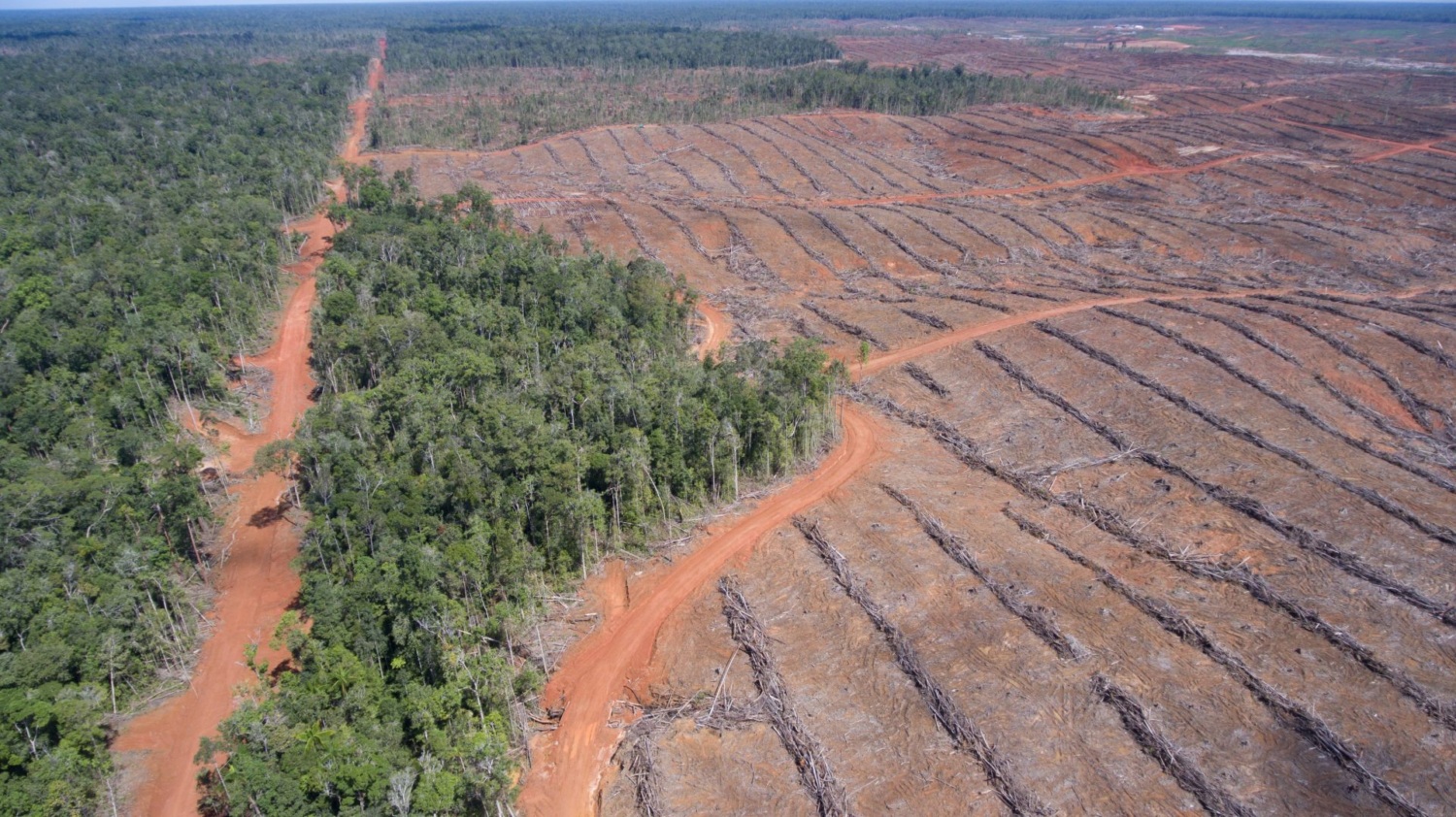
Amnesty International Reveals Widespread Human Rights Abuses in Palm Oil Industry
Last week, Amnesty International released a report documenting abuses of palm oil plantation workers in Indonesia. Amnesty shed light on abuses that are still widespread throughout the palm oil industry despite a raft of commitments, certifications, and laws that prohibit these practices, including use of child labor, exposure to toxic pesticides, discriminatory treatment of female workers, laborers being forced to work longer hours for no additional pay and to meet unreasonably high quotas, and more.
The report showed that major palm oil buyers, including the companies thought to be leading the transformation to responsible palm oil, do not have adequate systems in place to ensure they aren’t contributing to these practices. The report also showed the failure of the government to enforce labor laws and prosecute violators.
The report focused on the supply chain of the world’s largest palm oil company, Wilmar International. Wilmar welcomed the report in a news release in which they provided updates on their engagement and actions with the companies named in the report and called for joint industry and government action to resolve these problems. While it still has much to do, Wilmar has led the palm oil industry in action to stop deforestation and on transparency, and we’re confident that Wilmar can lead on addressing these critical labor issues as well. We urge Wilmar to proactively take swift action to expel these and other suppliers who stand in clear violation of their “No Deforestation, No Peat, and No Exploitation” policy and who refuse to comply.
The reality is that serious labor issues remain widespread throughout the palm oil industry. It’s past time for the industry to adopt a tough and transparent industry-wide approach to stop both deforestation and human rights abuse.
We hope that this report will spur rapid action to end labor and human rights abuses in the industry. Until the palm oil industry takes rapid steps to eliminate human rights and environmental abuse, the reputation of the entire industry remains at risk.
Featured photo courtesy of Amnesty International.


